School life | Years 3-5 help give the gift of light
19 Jun 2018
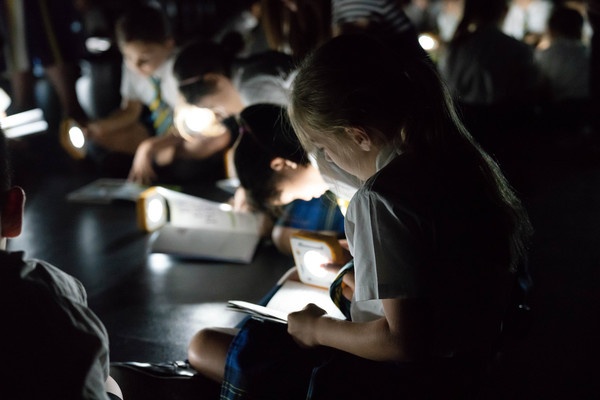 As part of Wellington’s ongoing and expanding commitment to supporting charities, Ms Tia Luker, one of our Prep School teachers, is continuing her excellent work with the Australian registered charity, SolarBuddy. Through the charity, Ms Luker aims to light up parts of the world that suffer from energy poverty, while at the same time switching Wellington pupils’ minds on to the importance of helping to provide sustainable energy for marginalised international communities.
As part of Wellington’s ongoing and expanding commitment to supporting charities, Ms Tia Luker, one of our Prep School teachers, is continuing her excellent work with the Australian registered charity, SolarBuddy. Through the charity, Ms Luker aims to light up parts of the world that suffer from energy poverty, while at the same time switching Wellington pupils’ minds on to the importance of helping to provide sustainable energy for marginalised international communities.
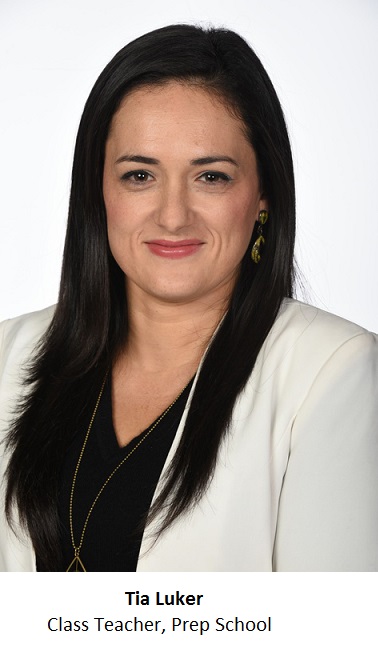
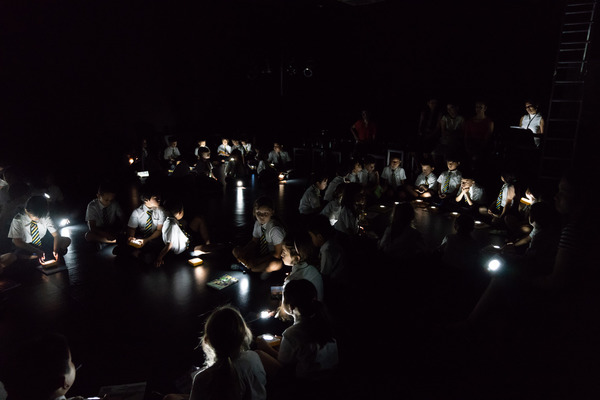 To briefly explain the problem: 1.3 billion people around the world currently live in a state of energy poverty. That is, they cannot maintain reliable access to the kind of safe, modern energy services that we take for granted. Not only does this lack of energy access close off various economic opportunities and the ability to improve their daily lives, it actively endangers many isolated communities who are forced to burn kerosene in enclosed spaces as their primary source of fuel. This is an extremely dangerous practice, as it frequently leads to women and children suffering from burns as well as kerosene poisoning from breathing in fumes.
To briefly explain the problem: 1.3 billion people around the world currently live in a state of energy poverty. That is, they cannot maintain reliable access to the kind of safe, modern energy services that we take for granted. Not only does this lack of energy access close off various economic opportunities and the ability to improve their daily lives, it actively endangers many isolated communities who are forced to burn kerosene in enclosed spaces as their primary source of fuel. This is an extremely dangerous practice, as it frequently leads to women and children suffering from burns as well as kerosene poisoning from breathing in fumes.
Shining a light on the problem
Wellington’s first SolarBuddy project
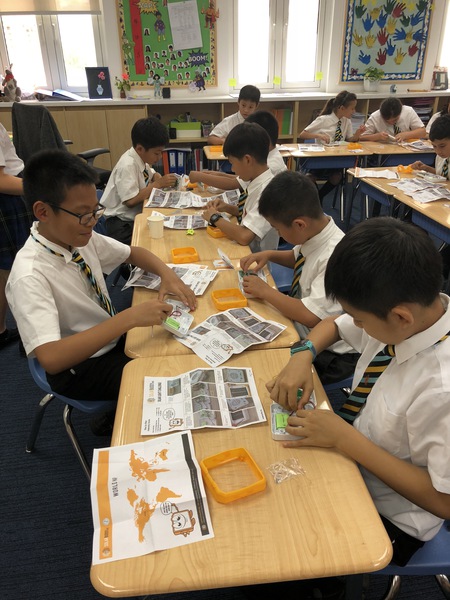 Equally important are the supporting activities that the pupils will be doing to better understand the issue and importance of energy poverty. This years 3-5 will have their IPC lessons dedicated to the concept of sustainable energy. They will be learning all about renewable energy sources, writing letters to the Cambodian community who will be receiving the lights, and completing lots of hands-on activities that underline the importance and value of having reliable energy access. To me, this is just as important as the fundraising element of the project, because it helps the children gain a global perspective about how different people live in various parts of the world. They will come to understand that not everyone has the same access to the opportunities that they enjoy, and through that understanding, they will assume a greater sense of responsibility to help wherever they can. Once children understand the nature of the world’s problems, they will find a way to become part of the solution.
Equally important are the supporting activities that the pupils will be doing to better understand the issue and importance of energy poverty. This years 3-5 will have their IPC lessons dedicated to the concept of sustainable energy. They will be learning all about renewable energy sources, writing letters to the Cambodian community who will be receiving the lights, and completing lots of hands-on activities that underline the importance and value of having reliable energy access. To me, this is just as important as the fundraising element of the project, because it helps the children gain a global perspective about how different people live in various parts of the world. They will come to understand that not everyone has the same access to the opportunities that they enjoy, and through that understanding, they will assume a greater sense of responsibility to help wherever they can. Once children understand the nature of the world’s problems, they will find a way to become part of the solution.
Delivering a solar-powered solution
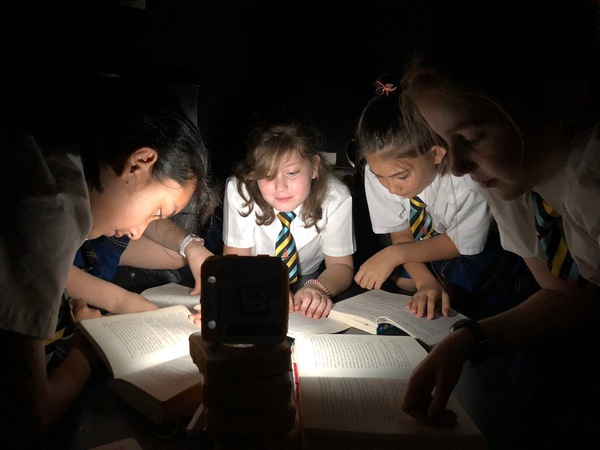
Related Articles

This Wellington Scholar is hitting all the right notes07 Mar 2025
It should come as no surprise that music would be a lifelong passion for Wellington Arts Scholar, Melody. As early as age 4, she watched in fascination as her father, a skilled luthier, craft violins
Read More
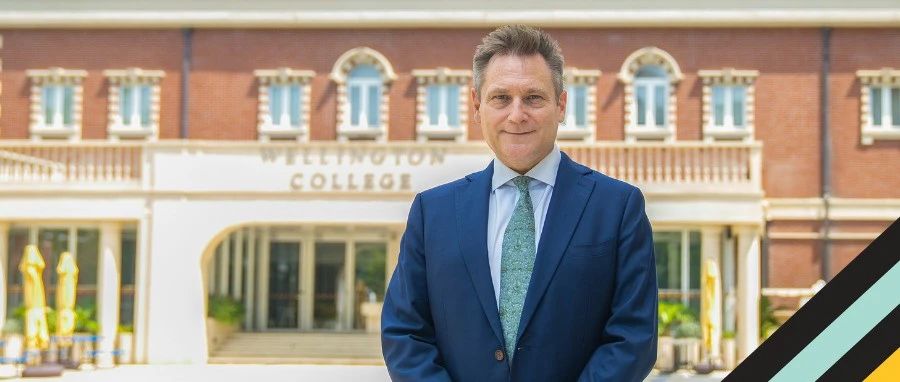
Welcome to the new school year, Wellingtonians!29 Aug 2025
Follow us on Wechat!Julian JeffreyMasterA warm welcome to all our pupils, families, and staff on the start of the new academic year!The start of any new school year is a time of great excitement and a
Read More

You're Invited: Fellows and Scholars Info Session on November 2007 Nov 2025
On Thursday 20 November, we invite prospective parents and students to our campus to learn about our pioneering Fellows and Scholars Programme. As an added bonus youll have the opportunity to attend
Read More










